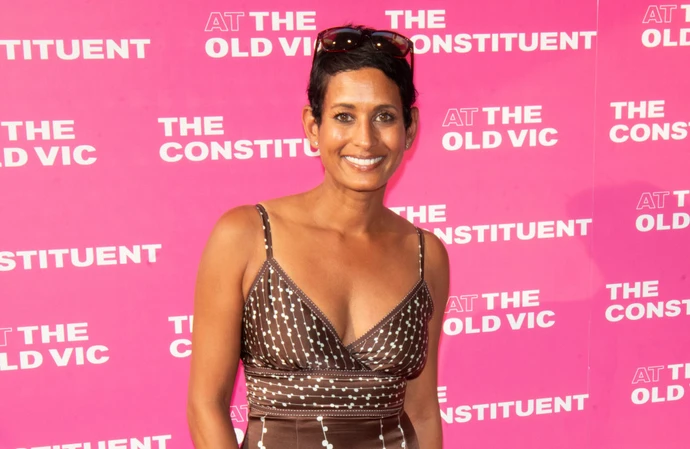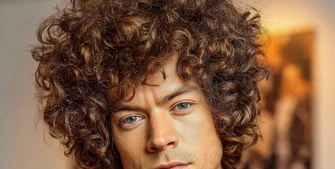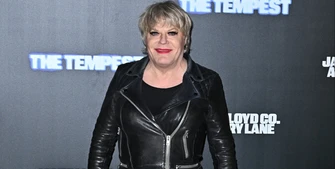BBC Breakfast host Naga Munchetty is targeted by online trolls criticising her appearance
Naga Munchetty has revealed that she is regularly targeted by online trolls who criticise her outfit choices and appearance on 'BBC Breakfast'.

Naga Munchetty is targeted by online trolls criticising her appearance on 'BBC Breakfast'.
The 50-year-old broadcaster has revealed how nasty social media users slam her outfit choices on the morning news programme but has stressed that she is "very happy" with how she looks.
Naga told Gabby Logan on an episode of 'The Mid-Point Podcast': "The number of times I've had comments like, 'You shouldn't be wearing that dress, you've got a bit of a belly.'
"People are quite happy to comment on social media.
"I'm very happy with my body. I'm fit, I'm strong, but women have bellies."
Naga went on to explain that she thinks that there is a societal expectation for women to wear particular type of clothes and thinks that the nature of her job places added scrutiny on her style.
She added: "You get a lot of nice comments, but women are expected to portray a certain aesthetic.
"And when you dress for news you have to be mindful that what you wear cannot be distracting.
"Women are more highly criticised and noticed."
Previously, Naga "stopped" talking about her uterus condition because of "gaslighting" from her doctors.
The presenter was diagnosed with adenomyosis - "where the lining of the uterus starts growing into the walls of the uterus" - when she was 47, but she thinks she has had it "since the age of about 15", but "every time" Naga told the doctors she would "often" be "screaming in agony" and burst out "crying" because of it, they said "it was normal or that I'd grow out of it".
Naga now considers the dismissive medical advice she received to be a "form of gaslighting".
Naga told the i newspaper: "I wasn't diagnosed with it until I was 47, but I've probably had it since the age of about 15.
"I'd always pass out when my periods started, have diarrhoea, feel dizzy and often be crying or screaming in agony.
"Every time I brought it up, I'd be told by doctors it was normal or that I'd grow out of it.
"When I look back on those occasions, I realise it was a form of gaslighting because I was effectively repeatedly told, 'You are just not coping with what is normal for everyone else.'
"So, I stopped bringing it up."







